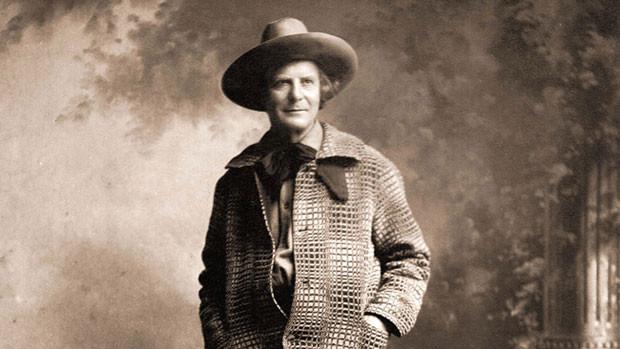The Best Response to Criticism
Curated from: raptitude.com
Ideas, facts & insights covering these topics:
6 ideas
·15.5K reads
134
2
Explore the World's Best Ideas
Join today and uncover 100+ curated journeys from 50+ topics. Unlock access to our mobile app with extensive features.
Accepting criticism
Criticism weighs more on our emotions than praise does.
We remember negative events more vividly than positive ones, and we give more emotional weight to a loss than an equivalent gain.
545
3.32K reads
Overvaluation of negativity
We tend to be more passive in life than we would be if we weighed negativity and positivity the same.
Bad outcomes seem to weight more in terms of punishment than good outcomes weight in terms of benefit, so it can seem sensible to speak out and try new things as infrequently as possible.
373
2.14K reads
Criticism is not about you
Criticism is about all the critic’s experience, not the target’s.
It all begins with an internal reaction between what the critic sees and what it reminds him of.
The critic is really just reacting to an appearance that happened to include you, filtered through his own worldview, emotional state, and personal experience.
633
2.35K reads
How we perceive criticism
While the process for the critic is very often superficial and ephemeral when we’re criticized we take it as an indictment of our selves directly, of our very being.
From the sender, it may really mean “I don’t like what this seems like,” but to the recipient, it feels like “You shouldn’t be who you are.” This is why we keep thinking about it for hours or days.
500
2K reads
Meet criticism with empathy
The most powerful tool for responding to criticism is empathy.
We are in a much better position to learn from criticism (and minimize its sting) when we think of it as something that is happening in someone else’s head.
549
2.31K reads
IDEAS CURATED BY
BeeAyKay 's ideas are part of this journey:
Learn more about personaldevelopment with this collection
How to ask open-ended questions
How to avoid awkward silences
How to show interest in others
Related collections
Similar ideas
Read & Learn
20x Faster
without
deepstash
with
deepstash
with
deepstash
Personalized microlearning
—
100+ Learning Journeys
—
Access to 200,000+ ideas
—
Access to the mobile app
—
Unlimited idea saving
—
—
Unlimited history
—
—
Unlimited listening to ideas
—
—
Downloading & offline access
—
—
Supercharge your mind with one idea per day
Enter your email and spend 1 minute every day to learn something new.
I agree to receive email updates


